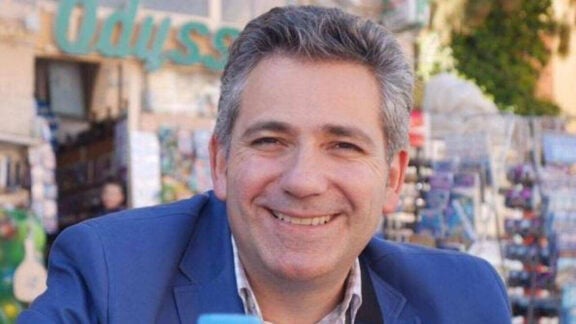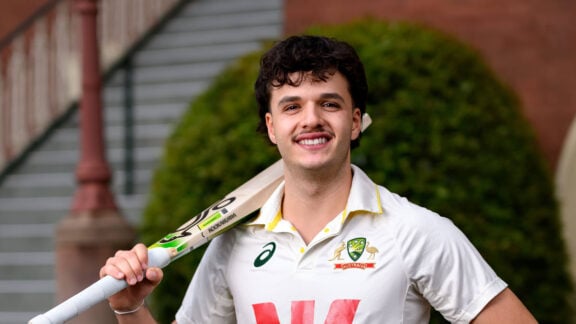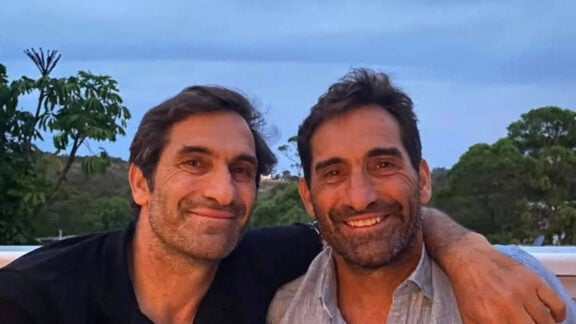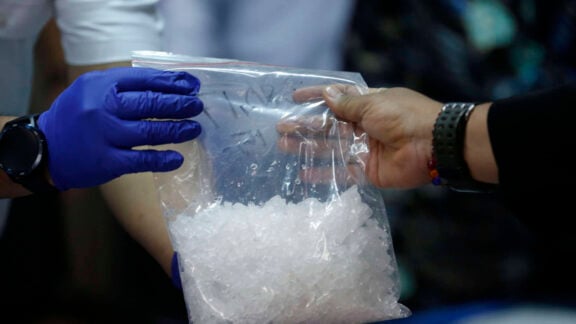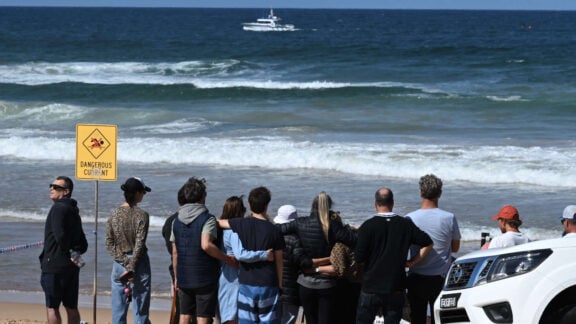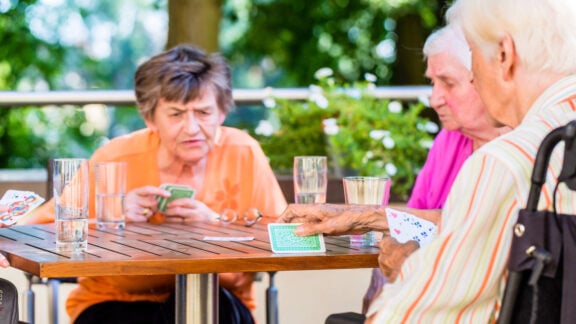A review of the St Basil’s crisis, which was reportedly concealed from the public, challenges the view that poor COVID-19 infection protocols are to blame for the deaths of 50 elderly at the nursing home, says The Age.
The report was prepared by Dr Ian Norton, a global health expert commissioned by the Victorian Coroner John Cain to present evidence during the coronial inquest into the July 2020 deaths.
According to Norton, it was rather poor decision-making, conflicting advice and lack of clear communication channels at a government level that led to the deadly outbreak.
During the nursing home outbreak, 50 residents – predominantly of Greek heritage – died, with 45 of the deaths attributed to the virus and five to suspected neglect.
A total of 188 coronavirus cases were reported during that time at the aged care centre in Melbourne’s Fawkner suburb.
“I find there was inadequate preparedness for responding to COVID-19 in residential aged care facilities in Victoria by the Commonwealth and Victorian governments, particularly in relation to co-operation between the two levels of government,” Norton said.
His report concluded that the ‘root cause’ of what happened at St Basil’s was an eight-day delay following the confirmation of the first infection on 9 July.
By the time results from a mass testing round returned, 17 staff and 11 residents were confirmed cases.
A breakdown in communication between state and federal government and the Aged Care Quality and Safety Commission were to blame for this delay, Norton said.
“A relatively controlled situation, albeit with infection control breaches that had occurred some two weeks previously causing the current case load, was turned into a chaotic dangerous situation during which care drastically deteriorated, contractors became infected and no clear command or coordination structure seemed to be in place.”
According to Norton, the lead clinician with the Victorian Aged Care Response Centre, a decision by the state’s Chief Health Officer Prof. Brett Sutton to remove all staff from premises as close contacts was correct, but “should be delayed until a minimum safety level had been reached.”
Norton had been called before the inquest as an expert witness. But counsels for the Victorian and Federal Departments of Health submitted objections arguing he was not an independent expert, due to his contract work for the federal government.
The government lawyers eventually secured Judge Cain’s approval in having Norton’s report removed from evidence and that he not be called as a witness.
Asked by The Age, Norton rejected the claim.
“I certainly didn’t go in with any perceived bias from my side. I only agreed to do it because I was hoping it could change the system for the good.”
Before joining the Victorian Aged Care Response Centre, Norton had been called by the Commonwealth in an advisory post over the COVID-19 outbreak at the Ruby Princess cruise ship.
Among other previous roles, he has directed Australia’s national medical assistance team and the World Health Organisation’s global emergency medical team.

